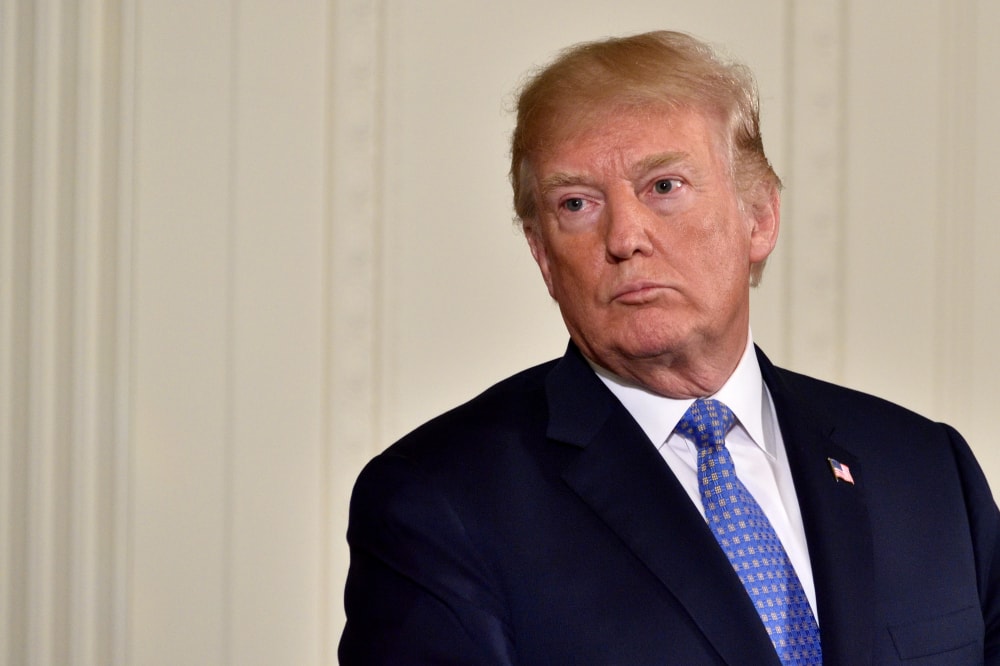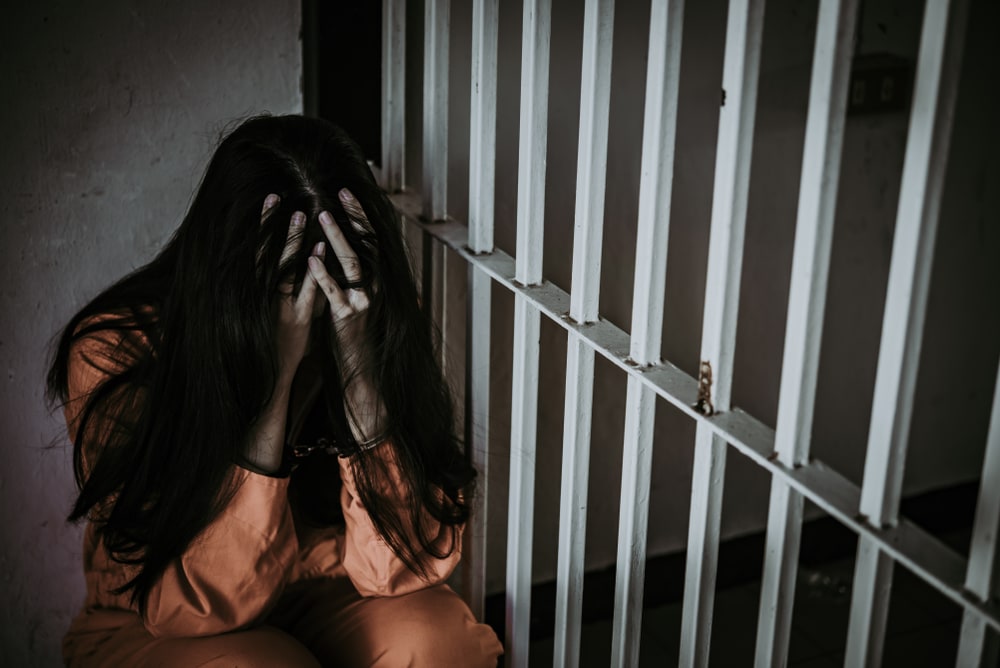A year after the First Step Act, Congress can do more for criminal justice reform
It was just last December that law enforcement leaders, religious leaders, members of Congress, and criminal justice reform groups across the political spectrum came together to watch President Trump sign the First Step Act into law. The most comprehensive federal criminal justice reform legislation in a generation, thousands of individuals have already benefited as a result of its passage. And the lives of hundreds of thousands more stand to improve in the years to come.
The First Step Act reminded us that bipartisan criminal justice reform is possible even during such divisive times. As this year comes to a close, it’s time for lawmakers to take another step toward comprehensive criminal justice reform by reinstating Pell Grants for prisoners.
First established under the Higher Education Act in 1965, federal Pell Grants provide students with need-based financial aid to pursue postsecondary education. Being incarcerated did not disqualify individuals with financial need from receiving Pell Grants until the passage of the 1994 crime control bill.
Indeed, in the years before the ban, educational programs behind bars flourished: Upward of 1,200 correctional facilities are estimated to have had educational programming at the time. But once the ban was put in place, the number of educational programs fell markedly, signaling the loss of educational opportunities for hundreds of thousands of people without financial means in the years following.
Thankfully, in recent years, the tide has begun to turn.
In 2015, the Department of Education announced the creation of a Second Chance Pell pilot program, in which a limited number of individuals could receive Pell Grant funding at select institutions. And now, there’s increasing support on both the Left and the Right for a clean lift of the Pell ban, with bipartisan legislation introduced in the House and in the Senate.
The reason for their support is simple: Postsecondary education can transform hearts and minds and equip individuals in prison to find jobs and make good decisions when reentering society. As Dyjuan Tatro, an incarcerated student profiled in a recently released documentary titled College Behind Bars shares: “This is not like just getting a degree. This is changing fundamentally the way I think, I behave, the way I interact with people.”
Given this transformation in both mindset and skill set, it’s little surprise that research suggests postsecondary education behind bars is associated with improvements in employment outcomes, including total earnings, and that it can radically reduce the likelihood that an individual returns to crime when reentering society.
But this is just the start. When considering the total number of incarcerated individuals who would be eligible for Pell Grants if the ban were lifted, the benefits could trigger a snowball effect that benefits virtually everyone in society.
First, there are the quantifiable cost savings. These often are measured in the form of reduced re-incarceration rates — when fewer people return to crime.
A report by the Vera Institute of Justice and the Georgetown Center on Poverty and Inequality estimated that restoring Pell Grant eligibility to prisoners could result in cost savings for states amounting to as much as $365.8 million per year. These only grow further when one considers factors such as the judicial and legal costs associated with crime and the economic toll it inflicts on communities.
Other benefits to society are more difficult to measure but are just as meaningful. Less crime means one less mother is left to worry whether her harmed child will survive, one less young girl or boy suffers the trauma of being a crime victim or having a parent sent to prison, and one less grandparent is forced to care for their grandchildren while struggling with the loss of their child to a prison cell. Instead, these Americans are able to pursue happy, productive lives.
Last year, criminal justice reform in the name of public safety and individual transformation brought fractured parties together. Even amid impeachment proceedings, it can do so again. Forty House members, including 10 Republicans and 30 Democrats, have already co-sponsored a bill that would lift the current Pell Grant ban. Now is the time for lawmakers in both chambers to reinstate Pell Grant eligibility for incarcerated individuals and, as a result, make America safer, more prosperous, and more whole.









